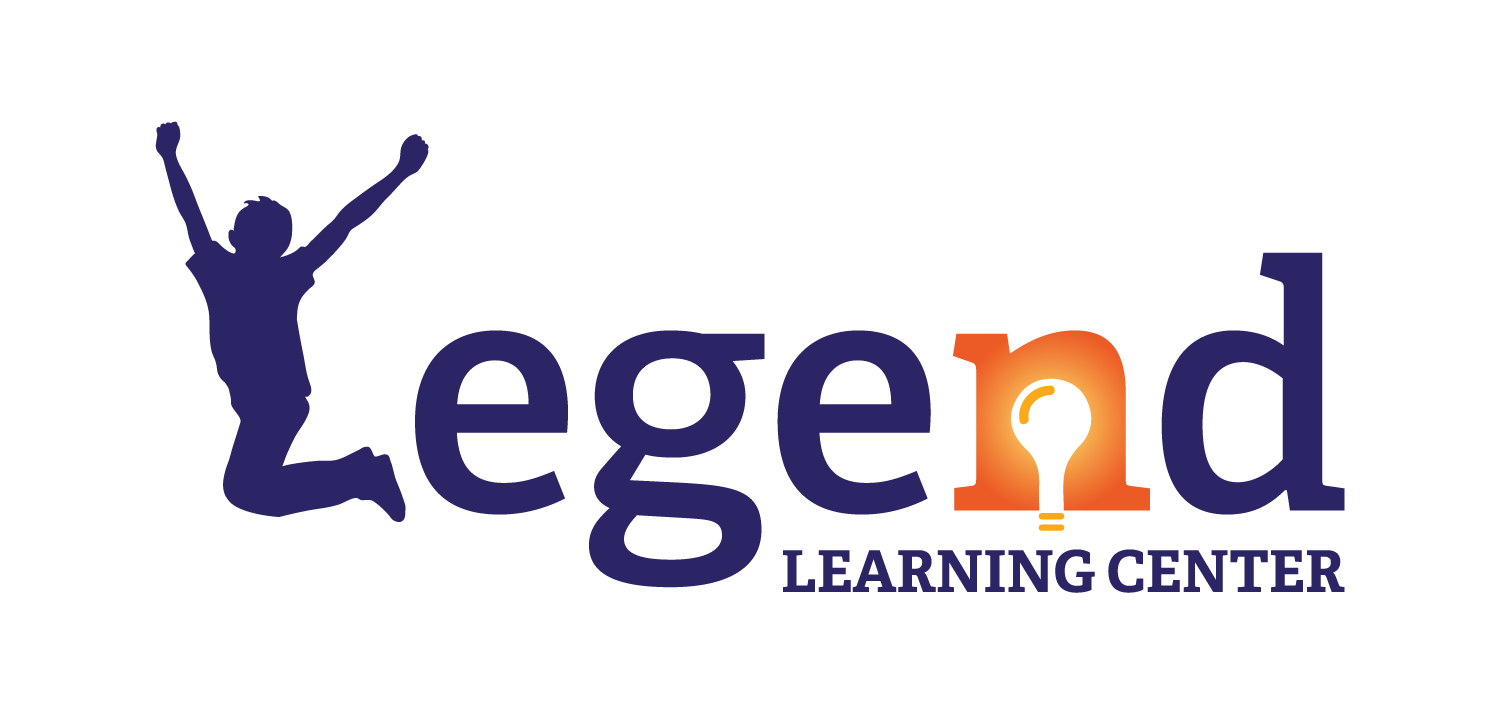Algebra is a pivotal point in a middle school student’s math journey. It’s where math evolves from the concrete to the symbolic, introducing abstract thinking and problem-solving skills that will be essential in future courses. Earning an honest grade in Algebra is not just about passing; it’s about knowing exactly where you stand so you can progress confidently into more complex areas of mathematics.
Algebra: The Foundation of Future Math Success
Algebra is not a terminal course—it’s just the beginning. It’s important to approach it with the next level in mind, whether that’s Algebra II, Geometry, or Pre-Calculus. Mastering Algebra I is critical because every math course that follows builds on these foundational concepts. From equations and inequalities to functions and graphing, students are introduced to mathematical symbols that represent numbers and operations in new, abstract ways.
According to the National Mathematics Advisory Panel, success in Algebra is a key predictor of long-term success in high school and beyond. Students who perform well in Algebra I are more likely to graduate from high school and pursue STEM-related careers. Therefore, it’s crucial that middle schoolers not only pass Algebra but truly understand its concepts.
Learning to Handle Symbolic Concepts
One of the most significant transitions students face in Algebra is moving from concrete numbers to symbolic representations. In earlier grades, math is often about finding exact numbers, but Algebra introduces the idea that not all answers are numerical. Equations are solved for variables, and understanding these abstract symbols becomes essential.
For students, this can be a challenging shift. Learning how to manipulate variables and work with symbolic expressions prepares them for higher-level courses like Calculus, where symbolic reasoning takes center stage. As middle schoolers, this is the time to solidify their grasp on these foundational skills.
The Importance of Mastering Every Topic in Algebra I
One common issue today is students skipping key Algebra topics, either because of gaps in their school’s curriculum or moving through the material too quickly. Skipping essential topics creates weak points that become major obstacles when students encounter more advanced math.
Research from the Center for Public Education shows that students who skip foundational math topics are far more likely to struggle later, often needing remedial classes in high school or college. It’s essential that students master every topic in Algebra I before moving on to Algebra II or more advanced math.
For example, students must be comfortable with factoring, solving quadratic equations, and understanding functions, as these are the building blocks for the next level. If these concepts are not fully understood, students will face difficulties in Algebra II, where more complex versions of these topics reappear.
Beware of Course Names and Sequencing: Content Matters
Parents should be mindful of what middle school students are actually learning, as the name of the course may not always reflect its content. For example, some schools offer “Integrated Math” instead of traditional Algebra I, which can cover a blend of Algebra, Geometry, and Statistics. While this approach might provide exposure to various topics, it can also lead to confusion and gaps in learning if not carefully managed.
Additionally, some schools split Algebra I into two courses, Algebra IA and Algebra IB. While this can help students digest the material more slowly, it may also complicate the continuity and sequencing of the topics. Since math is sequential and cumulative, gaps in understanding can make future math courses more difficult. According to the Brookings Institution, students who experience fragmented math sequences in middle school are more likely to fall behind, especially in subjects like Algebra II and Geometry.
Sequential Learning: Math is Contagious
One of the most important things to remember is that math is contagious. Mastery of prior topics directly influences a student’s ability to succeed in more advanced courses. For example, Algebra II builds heavily on the foundation laid in Algebra I. Any gaps or misunderstandings from the earlier course will likely lead to struggles in the more advanced one.
This sequential nature of math is why it’s critical that students do not skip over topics or rush through material. Each step builds on the last, and skipping any part of that process makes the subsequent steps far more difficult. According to the National Council of Teachers of Mathematics (NCTM), “the coherence and progression of mathematics should be respected” to ensure long-term success in the subject.
How Parents Can Help
As a parent, one of the best things you can do is stay informed about what your child is learning. Don’t assume that because your child is enrolled in an “Algebra” course, they’re learning the same topics you covered when you took the class. Review the syllabus, ask questions, and ensure that the course is covering the necessary foundational concepts.
At Legend Learning Center, we focus on teaching Algebra in a way that ensures students understand the concepts thoroughly, setting them up for success in future courses. We encourage parents to stay involved and monitor their child’s progress, especially when course names or sequencing changes.
For personalized guidance, parents can contact us at consult@legendlearning.com.
Mastering Algebra in middle school is about more than just passing a course—it’s about preparing for future success in math and beyond. By focusing on symbolic concepts, ensuring comprehensive topic coverage, and understanding the importance of sequential learning, students can build the strong foundation they need for high school and college-level mathematics.
